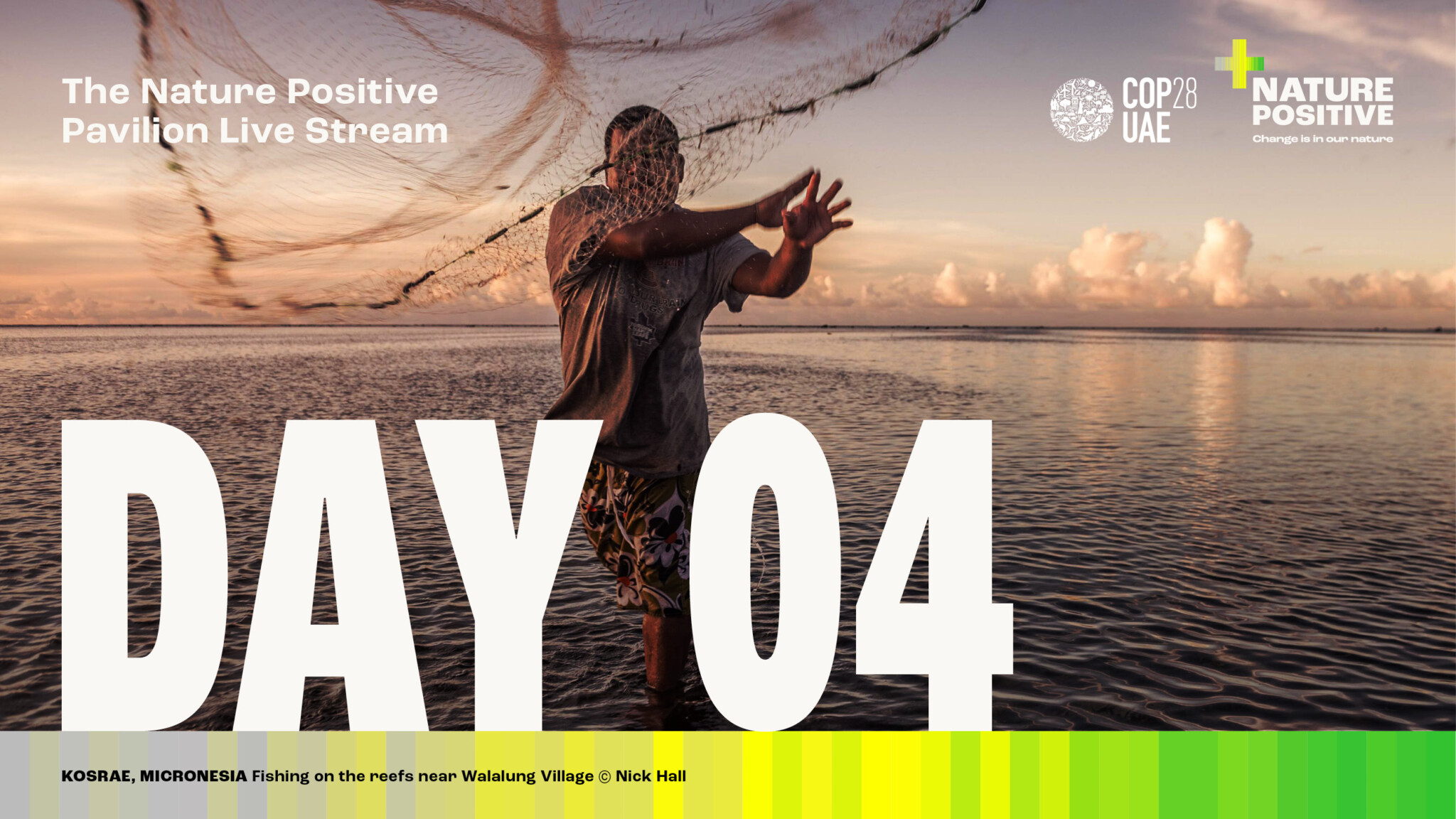
Read more
Related articles for further reading
After being laid low with an illness that stopped him travelling to COP28, Pope Francis joined the Grand Imam, the UAE Minister of Tolerance and Coexistence and the COP28 President to launch the world’s first Faith Pavilion. Speaking by video message, Pope Francis called directly on delegates, saying “it is essential that there be a breakthrough that is not a partial change of course “in Dubai.”
Moving from the sublime to the….err… more technical, after the first two days of negotiations, Parties have finally expressed their positions on the “building block” text for the Global Stocktake (GST) decision. According to many tracking the process, the text runs the risk of becoming “bloated and unwieldy,” as Parties are using the opportunity to assert and insert their wide range of priority issues. Now is the time for Parties to discuss “convergence,” and identify the main political divergences that won’t be solved without ministers, as well as technical elements that can be agreed with a little work.
COP28 Daily Wrap-up – December 3
NEWS AND UPDATES
The European Commission and Honduras signed a Memorandum of Understanding for a Forest Partnership to contribute to Honduras’s objective to restore 1.3 million hectares of forest and implement its National Biodiversity Action Plan.
Global Alliance of Territorial Communities launched new research that finds donors continue to use inadequate, antiquated systems for documenting and delivering development assistance, often sending money for Indigenous Peoples and local communities through third parties, limiting the amounts that reach them.
The Environmental Defense Fund, Flora & Fauna International, the National Wildlife Federation, Nature4Climate, the We Mean Business Coalition, and the Wildlife Conservation Society issued a statement that Paris Agreement forest carbon transactions should follow the Tropical Forest Credit Integrity Guidance.
The World Bank announced ambitious plans for the growth of high-integrity global carbon markets, with 15 countries set to earn income from the sale of carbon credits generated from preserving their forests. The 15 countries—Chile, Costa Rica, Cote d’Ivoire, Democratic Republic of Congo, Dominican Republic, Fiji, Ghana, Guatemala, Indonesia, Lao PDR, Madagascar, Mozambique, Nepal, Republic of Congo, and Viet Nam—are part of the World Bank’s Forest Carbon Partnership Facility. By next year, these countries will have produced over 24 million credits, and as many as 126 million by 2028. These credits could earn up to $2.5 billion in the right market conditions, with much of that going back to communities and countries.
CGIAR, the world’s largest publicly-funded agricultural research network, has secured more than USD 890 million to accelerate progress against the ongoing global food and climate crises. With this funding, CGIAR will expand its work supporting smallholder farmers in low- and middle-income countries to shape more resilient, sustainable, and equitable food systems, reduce emissions from farming, and boost access to nutritious, healthy diets.
Race to Resilience progress report finds that pledges prioritizing action to protect, restore, or manage nearly 60 million hectares of natural systems by 2030. Adaptation solutions implemented in 5.48 million hectares, or 9% of the total, are already on track for implementation, the report found.
Sytemiq with Dr. Naoko Ishii, H.E. Razan Khalifa Al-Mubarak, Dr. Vera Songwe, Dr. Frannie Léautier, Dr. Mari Pangestu and Dr. Izabella Teixeira shared a new report on financing nature. The report states a rapid increase in investment in nature is critical as NbS attract only 15% of the money which goes to more traditional climate solutions proposes solutions to bridge the gap.